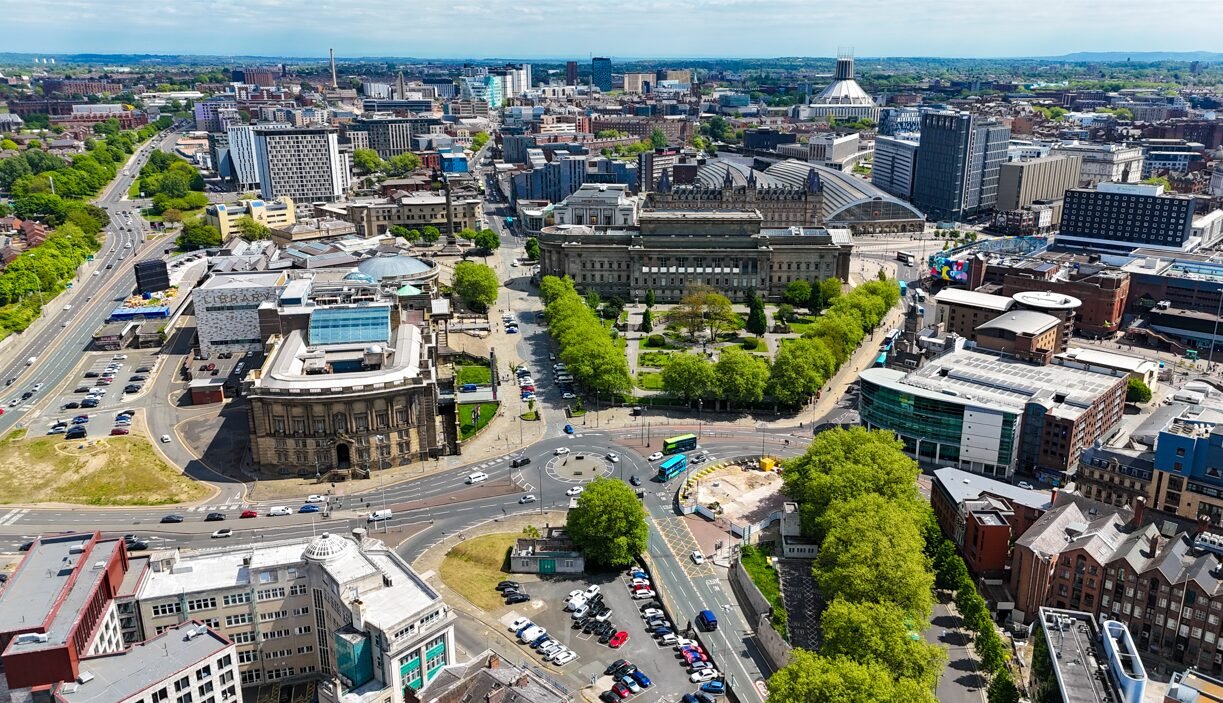Liverpool City Council is to set a balanced budget which will protect key public services including libraries, leisure centres and children’s centres.
The annual Budget Meeting is being held at Liverpool Town Hall on Wednesday 4 March.
Through a combination of considerable effort, Government lobbying and invest to earn schemes the council has been able to significantly reduce the amount it needs to find from frontline services by around half, down from £57.6 million to £30 million.
This is due to:
- Improved business rates and council tax income for 2020/21 as a result of the city’s economic growth and the number of new homes built – both key planks of Mayor Joe Anderson’s Invest to Earn strategy
- Reduced contributions of £16 million to the Merseyside Pension Fund for 2020/21because the council has negotiated to pay in less as its investments have performed better than expected
- Additional Government funding of £10 million for adult social care, which was only confirmed just before Christmas following the general election
The city council already has £436 million less to spend each year in real terms than it did in 2010 – equivalent to a 63 per cent cut – due to reductions in funding from central government.
The proposals will see the books balanced through a mix of cutting the costs of services, reducing demand and increasing income.
Council Tax will rise by 3.99 per cent, which will raise an extra £7.2 million compared to 2019/20. This is made up of 1.99 per cent for general spending and two per cent which is ring fenced for adult social care.
Almost 60 per cent of households, who live in Band A properties, will pay an additional £43.90 a year for local authority services, which works out at 84 pence per week. This rises to £51.60, or 99 pence per week, when precepts for Merseyside Police, Mersey Fire and Rescue Service and the Combined Authority are added.
Key budget proposals include:
- Reducing the number of children in the most costly residential care placements by placing them in the council’s newly created children’s homes or in foster placements
SAVING: £2 million
- Creating a dedicated ‘edge of care’ team to reduce the number of teenagers coming into services and improve outcomes
SAVING: £1 million
- Supported Living transformation – ensure every individual is supported to live independently in appropriate accommodation with a personal budget
SAVING: £2.5 million
- Redesign of customer services strategy and model
SAVING: £2 million
- Review and remodel of ICT service
SAVING: £900k
- A rise in council car parking charges
INCOME: £500k
- Reassess adult social care packages, with all those affected to have a benefits check and means test financial assessment
INCOME: £1 million
The budget also includes £11 million for an increase in fees for home care providers and residential/nursing homes so they pay staff the national living wage.
2020/2021 COUNCIL TAX BANDS
BAND % OF HOUSEHOLDS LCC ELEMENT TOTAL BILL INCL PRECEPTS
A 59.2 £1,143.95 £1,351.52
B 17.54 £1,334.59 £1,576.77
C 12.27 £1,525.25 £1,802.03
D 6.87 £1,715.90 £2,027.27
E 2.28 £2,097.21 £2,477.77
F 1.03 £2,478.52 £2,928.27
G 0.77 £2,859.84 £3,378.79
H 0.05 £3,431.80 £4,054.54
DID YOU KNOW?
Only 14 per cent of the council’s budget is raised through council tax. This is because most properties in the city are in lower council tax bands, which pay a lower amount. It is compounded because the total amount that can be raised is reduced by 40 per cent due to the high proportion of households in the city that qualify for discounts and exemptions (eg: single people or students), or because they qualify for council tax support
Much more information about the budget can be found at www.liverpoolexpress.co.uk/budget2020










